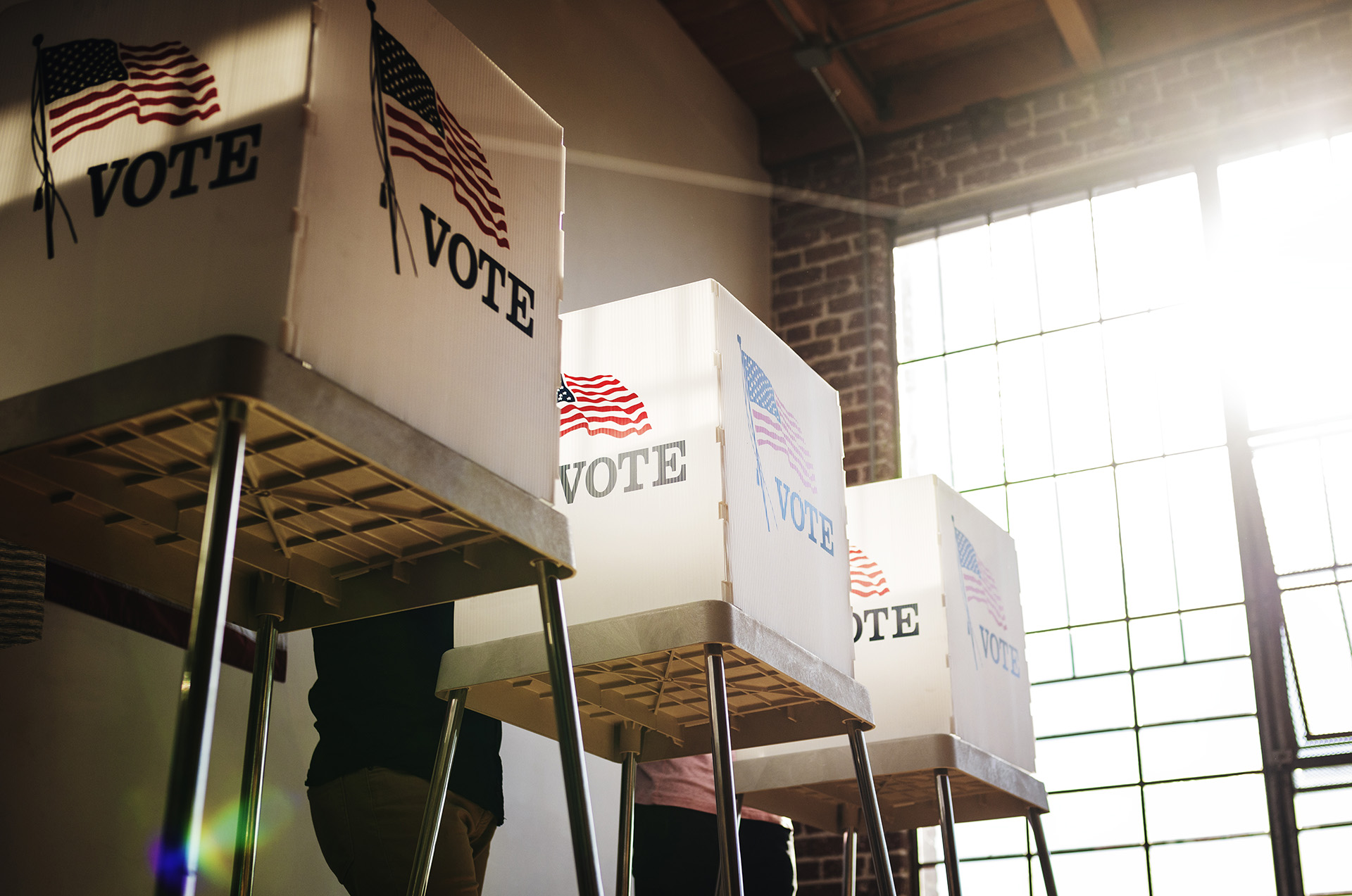How Trump Could Use Political Chaos to Upset the Election
June 9, 2020 | Timothy E. Wirth, Joel McCleary, Mark Medish and Gary Hart | POLITICO
The 2020 election faces unparalleled risks to its conduct and integrity. Foreign actors are working to interfere in the election. Conservative groups have filed lawsuits to remove hundreds of thousands of voters they say are ineligible from voter rolls. One civil rights group found that almost 300 counties in the South reduced polling places in the years since 2012. On Tuesday, long lines and voter machine failures derailed primary voting in Georgia. And then there’s Donald Trump: As November 3 approaches, the president is questioning the legitimacy of mail-in voting, which could have the effect of suppressing votes, and threatening to cut funding to states that are expanding access to mail-in ballots. …
The 2020 election faces unparalleled risks to its conduct and integrity. Foreign actors are working to interfere in the election. Conservative groups have filed lawsuits to remove hundreds of thousands of voters they say are ineligible from voter rolls. One civil rights group found that almost 300 counties in the South reduced polling places in the years since 2012. On Tuesday, long lines and voter machine failures derailed primary voting in Georgia. And then there’s Donald Trump: As November 3 approaches, the president is questioning the legitimacy of mail-in voting, which could have the effect of suppressing votes, and threatening to cut funding to states that are expanding access to mail-in ballots.
And now, with protests sweeping the country and Trump encouraging a strong response from police departments and the National Guard, voters should be worried that Trump could encourage or impose curfews, postal service problems and a military presence at the polls that might dampen voter turnout on Election Day.
Trump might be worried about going down in 2020. But we must not allow him to take our democracy down with him. There are a set of solutions that Congress and state officials should be setting into motion now to safeguard elections in November if Trump uses the chaos of our current political moment to his advantage.
Trump has several levers to pull if he were determined to upend the election. And given his record of dismissing the restraints built into our system—recently firing five inspectors general in the span of six weeks, for instance—voters should be concerned that Trump will take advantage of these options. And activists, governors and lawmakers should understand what they are, so they can prevent the subversion and protect U.S. values.
One of the most easily imaginable scenarios under which Trump could take action to disrupt the election is that of widespread civil unrest, such as the protests against police brutality in cities across the country today. By declaring a national emergency on the grounds of national security, the president would have more than 120 statutory emergency powers, according to the Brennan Center for Justice, with few restrictions in practice. Those powers include using the military to enforce laws under the Insurrection Act. “If a city or state refuses to take the actions necessary to defend the life and property of their residents, then I will deploy the United States military and quickly solve the problem for them,” Trump said in early June.
Under similar circumstances in November, Trump could declare a national emergency and federalize the National Guard, and deploy other parts of the military, to keep order in key cities and states on Election Day. Such a response could be seen as intimidating to liberal and minority groups, and would likely have the effect of dampening turnout. The Insurrection Act has also historically required an order for “insurgents” to disperse. Depending on who is characterized as an insurgent under such circumstances, that order could have the effect of not just discouraging people but of forcing people away from the polls.
The president could also declare a state of emergency on national security grounds in response to foreign-sponsored attempts at digital interference with the election system, which we know are already underway, according to intelligence officials. This declaration, however valid given the extent of foreign meddling we could see in 2020, would lend his statements challenging the election’s legitimacy extra heft—even if the meddling were for his benefit, as it was in 2016. Such a move could also open the door for state authorities or other parties to question the validity of ballots, possibly throwing the decision to state legislatures or courts.
And these are just some of the emergency powers we know about. The president has boasted of special but undisclosed emergency powers, and his son-in-law has openly questioned whether the election would be held on schedule. It may be true that the president’s rhetoric tends to exceed his actions, but the president’s mention of secret emergency powers should be concerning to anyone watching this election.
Last, Trump could meddle with the U.S. Postal Service, which could have a big impact on an election with so many ballots being cast through the mail. He has already challenged the legitimacy of the election by alleging large-scale voter fraud in response to states’ initiatives to expand access to mail-in ballots. Trump’s handpicked postmaster general could also make policies that deliberately delay the processing of mail-in ballots or impose new costs. This, too, could lead to a drawn-out process in which states take the question of their election results to their legislatures.
These scenarios are neither exhaustive nor mutually exclusive.
Any of these actions would invite lawsuits from opposing parties, but that might be part of Trump’s approach, too. Any dispute would be taken up by the courts, which are slow, and ultimately, the Supreme Court, which Trump might be able to count on to rule in his favor.
What is to be done?
At the state level, governors, attorneys general and state secretaries alike should be briefed on plausible, worst-case scenarios so that they can work to build firewalls against domestic or foreign interference in our elections. This includes bolstering cybersecurity, guaranteeing the mail-in option by sending ballots or absentee ballot applications to all registered voters, and securing the integrity of polling stations with poll watchers.
Congress should hold hearings and demand disclosure of any secret emergency powers claimed by the White House. In this context, we applaud Senator Ed Markey’s call for disclosure of any secret presidential emergency powers as a start.
Congress should also act to protect the U.S. Postal Service by finding a solution to guarantee funding after it runs out, which will probably be sometime this fall.
State attorneys general, parties and candidates should start planning rapid legal response by leading constitutional and election lawyers for an array of Bush v. Gore-style court challenges from conservative advocates. Trump has already complained about a “rigged vote” as he did in 2016, and so the time to prepare for litigation is now.
Finally, candidates for public office should be encouraged to focus on these election issues to stimulate a sense of urgency and get out the vote, especially among young and student voters, using social media outreach.
Indeed, there is no question that the ultimate safeguard lies with the voters — what might be called “the public firewall.”
This is the time to mobilize every legal and political resource to confront the coming storm.


